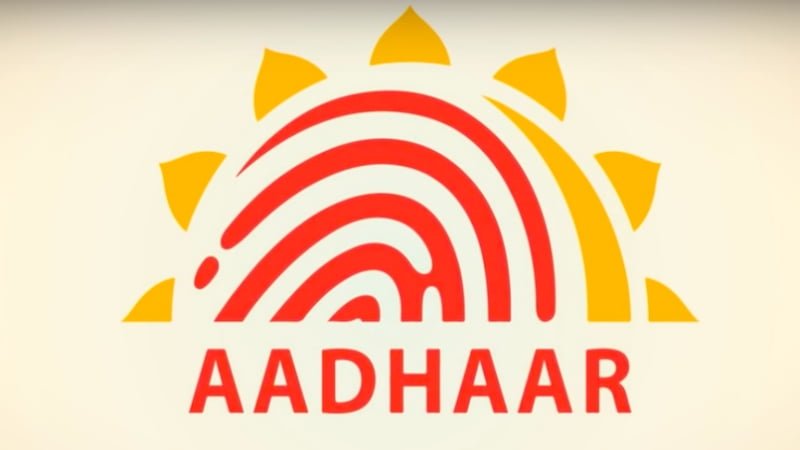The Supreme Court today received information that outlined allegations against UIDAI saying that the data collection that went on from 2010 to 2016 by UIDAI was “illegal” and “invalid”. The arguments were presented in front of a five-judge constitution bench headed by Chief Justice Dipak Misra and stated the invalidity of the information which was gathered in the years 2010-2016. Since, before Aadhaar scheme there wasn’t any stature which allowed UIDAI to gather data from the public.

Senior lawyer K V Vishwanathan, appearing for activist Aruna Roy, told the bench “The State's failure to enact the Aadhaar Act for six years meant that all enrolments done between 2010-2016 were without any informed consent". The bench consisted of justices A K Sikri, A M Khanwilkar, D Y Chandrachud and Ashok Bhushan says a report by PTI.
The bench further went onto question the lawyer asking what should happen to the data which was collected before the Aadhaar scheme to play, to which Vishwanathan replied that the data should be destroyed as it had no legal foundation to be used by the concerned authority. The court had extended the deadline of March 31 further of mandatory linking of Aadhaar and declared it utmost necessary if the public wanted to avail government benefit and various services and schemes. The court did this in order to reach a conclusion to the ongoing argument regarding the Aadhaar number and its validity.
Lawyer Vishwanathan argued that Biometrics involve a person’s fingerprints and other personal data and a person has total control over his body which stands at the centre of a right to privacy. The lawyer further quoted “There was no informed consent or such other procedural guarantees and safeguards as are essential if the State seeks to infringe the right to privacy by taking biometric details of the citizens,” thus alleging the UIDAI of unlawfully obtaining private data from the public without any foundation and against statuary measures of that time.
He further added to his statements while speaking about the State and non-state actors "However, apart from the fact that the latter are defined by consent and choice, there is a qualitative difference between the Individual-State relationship, and the individual- corporation relationship, making privacy concerns vis-a-vis the former more salient.”
However, despite all this, the court couldn’t come to a conclusion, and the argument remains open in court for discussion. The court also asked other counsel for petitioners against the Aadhaar scheme, who would similarly question the validity of the data and also asked Attorney General KK Venugopal to begin his arguments on March 20.
Speaking for the West Bengal government Kapil Sibal, senior advocate also said that the citizen must have the choice to prove his identity and that it has to be linked with the status of the citizen to avail the benefits of the scheme.















